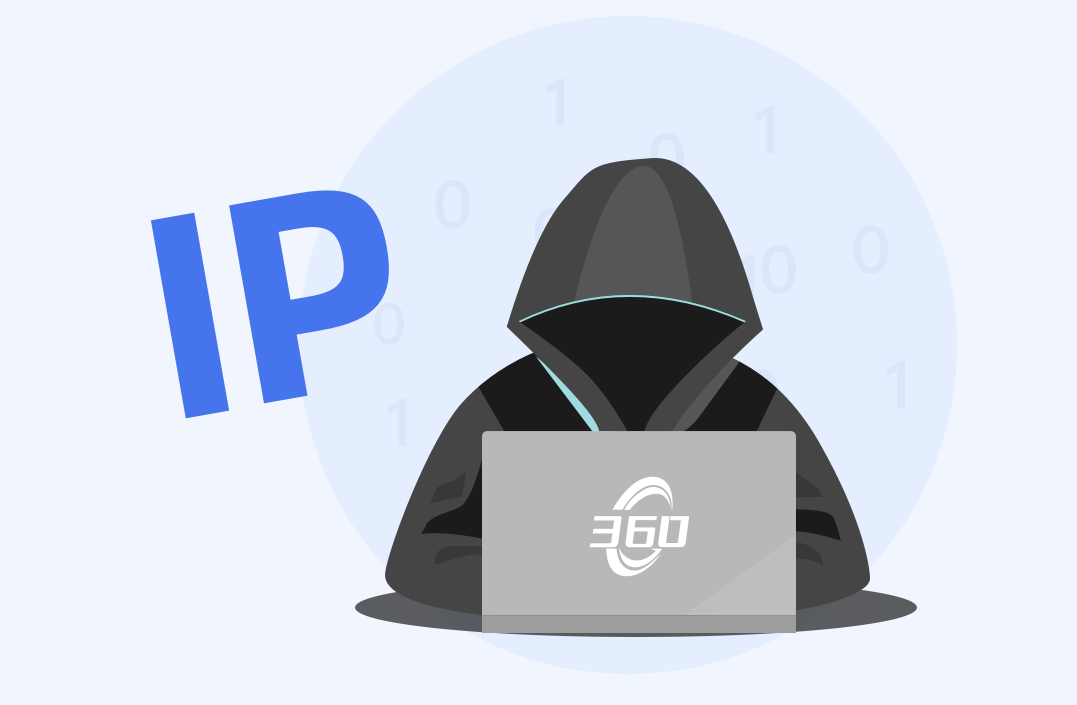Is IPv6 more secure than IPv4? Is IPv4 more secure than IPv6?
Neither is true. IPSec is a set of security protocols for authentication, encryption, security, privacy, and data integrity built into IPv6. In theory, the newer and more sophisticated approach to IPSec IPv6 has advantages over IPv4 IPSec. It is much easier to use IPsec end-to-end in IPv6 than in IPv4, although it is still not mandatory.
In fact, for both versions, the main risks are related to poor implementation and human factors rather than security design. In addition, because many devices and operating systems enable both IPv4 and IPv6 protocols, they are vulnerable to both.
Is IPv6 faster than IPv4? Or the other way around?
With a few niche exceptions, such as Xbox online games, the speed difference is negligible.
In theory, IPv6 is expected to be slightly faster because the transfer doesn't have to waste time on NAT. However, IPv6 also has larger packets and can contain special packet handling instructions that may slow it down.
IPv6 is 20 years old, but IPv4 is still in use. Why?
The technology shift is different for consumer devices and business systems.
Most computers, routers and phones that are 10 years old already support IPv6. Most other devices can get firmware upgrades to include it.
The same cannot be said for organizations with large networks. The transition to IPv6 will have to happen, but the migration is very resource-demanding and will require a lot of planning and retraining of people. Many enterprises employ ipv6-enabled proxy providers as an interim solution.
Internet service providers face the same clash of "business sense". In addition to resource related issues, ISPs also lose some of their existing traffic control capabilities. And such improvements are hard to sell to the public. So it's no surprise that ISPs serving the community are struggling to justify the switch to IPv6.
What happened to IPv5?
IPv5 was abandoned at the draft stage. It uses the same 32-bit addressing design and faces the same limitations as IPv4.
IPv6 is the next generation iteration of IPv4 and a natural product of technological evolution. It faces the same challenges as any major innovation. The challenge of progress is to find a way to move toward better security, privacy and simplicity without giving up on those who cannot make the switch.
Finding that balance is not easy in any industry. But you can take the time to learn from and experiment with other people's transition experiences. IPv4 will be with us for a while. IPv6 will continue to make progress. Advanced Proxy already supports IPv4, IPv6, or both. 360Proxy fully supports both.
 Username: Password
Username: Password
 Whitelist IP
Whitelist IP
 Proxy Manager
Proxy Manager
 Google Chrome Extension
Google Chrome Extension





























 Dashboard
Dashboard Sign Out
Sign Out





























 USA
USA France
France Brazil
Brazil Vietnam
Vietnam Spain
Spain









